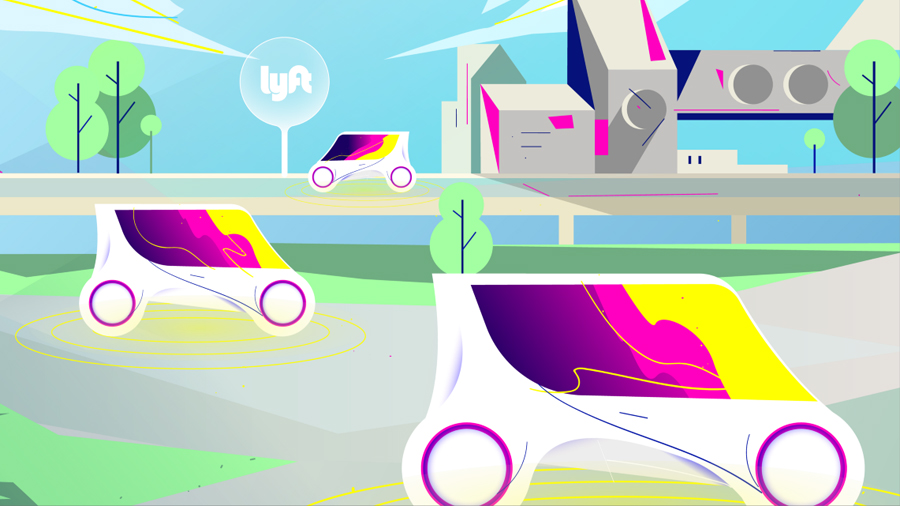Lyft pushes self-driving car plans into overdrive with new platform partnership
Teaming up with Magna to build self-driving car systems

Lyft isn't letting the self-driving car revolution pass it by. Au contraire; the ride-sharing company is putting pedal to the metal with a new partnership.
Lyft just announced it's teaming up with Magna, a massive automotive parts supplier, to develop self-driving car systems. So, instead of building one model of self-driving car for Lyft's own use, the two will create autonomous driving platforms that can be integrated into many different vehicles.
The systems will be co-developed by the two companies, according to a Magna press release, though Lyft will take the lead in developing the technology at its Palo Alto, California engineering lab. Magna will lead the manufacturing side of things.
"Together with Magna, we will accelerate the introduction of self-driving vehicles by sharing our technology with automotive OEMs worldwide," Lyft CEO Logan Green said in the release. "This is an entirely new approach that will democratize access to this transformative technology."
Lyft and Magna expect their tech to be ready for market use "over the next few years." Lyft's own self-driving cars will join its ride-hailing fleet "in the coming years", while Magna will disperse the technologies throughout the automotive industry.
In addition to the partnership, Magna is investing $200 million in Lyft for an equity stake in the company.
This is a pretty big move for Lyft, which hasn't made as much noise in the self-driving car space as rival Uber or Waymo, formerly Google's self-driving car project. We'll have to wait and see what the fruits of its partnership with Magna look like, but Lyft certainly seems determined to not be left in the dust.
Sign up for breaking news, reviews, opinion, top tech deals, and more.

Michelle was previously a news editor at TechRadar, leading consumer tech news and reviews. Michelle is now a Content Strategist at Facebook. A versatile, highly effective content writer and skilled editor with a keen eye for detail, Michelle is a collaborative problem solver and covered everything from smartwatches and microprocessors to VR and self-driving cars.